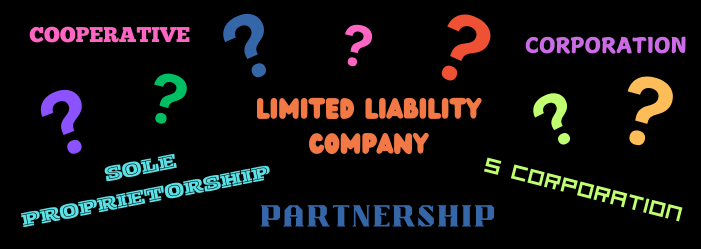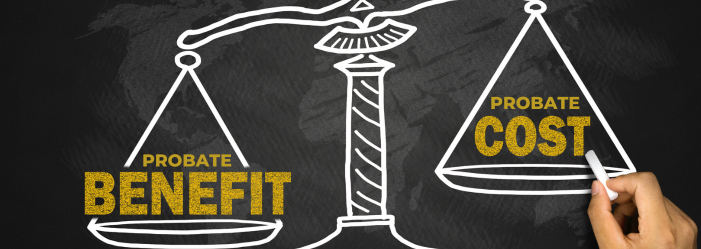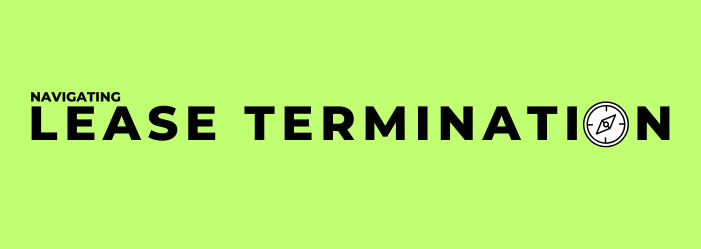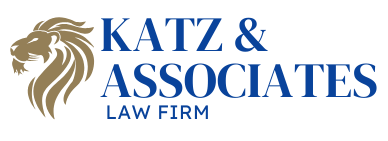Why Choosing the Right Business Structure Matters
Need A Florida Lawyer? Fill Out The Form Below
Build Your Business on a Strong Foundation: How the Right Structure Sets You Up for Success
Why Choosing the Right Business Structure Matters
Starting a new business involves many crucial decisions, but one of the most foundational is selecting the proper business structure. This choice affects everything from personal liability to taxes, flexibility, and the ease with which you can attract investors. Setting up the right structure from the beginning can save costs, mitigate risks, and support your growth strategy as your business evolves.
Key Business Structures: Pros, Cons, and Best Fit
1. Sole Proprietorship
A sole proprietorship is the simplest business structure, where a single individual owns and operates the business. It’s easy to set up, requires minimal paperwork, and gives the owner complete control. However, personal liability is high, as the owner is responsible for all debts and obligations.
• Pros: Simple and inexpensive setup; owner retains complete control.
• Cons: Full personal liability for debts and obligations.
• Best Fit: Ideal for freelancers, consultants, and other single-person businesses looking to operate without the complexity of formal structures.
2. Partnership
A partnership is a business structure where two or more people share ownership and management responsibilities. It allows for shared capital, resources, and expertise, making it easier to start and manage compared to corporations. Yet, partners are personally liable for business debts, and disagreements can impact business stability.
• Pros: Easy to establish with shared responsibilities and potential for increased capital.
• Cons: Partners are personally liable for business debts, which can strain relationships.
• Best Fit: Professional firms like law, accounting, and medical practices benefit from shared resources and expertise.
3. Limited Liability Company (LLC)
An LLC combines the flexibility of a partnership with the liability protection of a corporation. Owners (called members) are shielded from personal liability for business debts, and profits pass through to personal tax returns, avoiding corporate taxes. However, LLCs can be more expensive and complex to set up than sole proprietorships or partnerships.
• Pros: Offers liability protection while allowing pass-through taxation, avoiding double taxation.
• Cons: Higher setup costs than sole proprietorships or partnerships; requires more paperwork.
• Best Fit: Small retail businesses, real estate groups, and startups in need of flexible management and liability protection without the full formalities of a corporation.
4. Corporation (C-Corp)
A C-Corp is a separate legal entity from its owners, offering strong liability protection and the ability to raise capital through stock issuance. This structure is preferred by investors and suitable for companies planning to go public. However, C-Corps are subject to double taxation and require more regulatory paperwork.
• Pros: Strong liability protection and easier access to capital via stock issuance.
• Cons: Subject to double taxation and more complex to set up and maintain.
• Best Fit: High-growth startups and businesses seeking venture capital or planning an IPO, as this structure supports equity distribution and can attract institutional investors.
5. S Corporation (S-Corp)
An S-Corp is a special type of corporation that avoids double taxation by passing income directly to shareholders. It provides liability protection similar to a C-Corp but with fewer owners (limited to 100 U.S. citizens or residents). This structure is ideal for small businesses seeking tax advantages, though it requires specific IRS approval.
• Pros: Avoids double taxation; income passed through to shareholders, offering liability protection.
• Cons: Limited to 100 shareholders who must be individuals (no corporations or partnerships); formal requirements.
• Best Fit: Family-owned businesses and small tech firms benefit from S-Corp tax advantages while enjoying some corporate protections.
6. Cooperative
A cooperative is a member-owned business focused on serving the collective needs of its members. It offers democratic control (one member, one vote) and often receives favorable tax treatment. Cooperatives are community-driven, but capital raising can be challenging, and decision-making can be slow due to the need for consensus.
• Pros: Democratic decision-making and shared profits among members.
• Cons: Limited capital-raising ability and slower decision-making.
• Best Fit: Community-focused businesses like agricultural cooperatives and credit unions where shared ownership and community benefit are priorities.
Choosing the Right Structure to Attract Investors
For startups seeking substantial investment, the
C Corporation (C-Corp) is often the preferred structure. It offers investors clear stock options and strong liability protection, which is essential for venture capitalists and institutional investors. The C-Corp structure also provides the framework necessary for a future IPO, making it ideal for ambitious startups aiming for rapid growth.
The Cost and Complexity of Changing Structures Later
Changing your business structure as you grow can help manage new demands, attract investors, or mitigate liability, but it can be costly and complex. Transitioning requires state filing fees, updated contracts, and adjustments to tax structures, which can disrupt operations. The benefit of making this change is often worth the investment if the new structure supports scaling and financial goals, but careful planning is essential to minimize disruptions.
The Advantage of Partnering with Katz & Associates
Navigating the complexities of selecting the right business structure or transitioning to a new one requires expert insight. Katz & Associates bring years of legal expertise in business law to help you identify the structure that aligns with your unique goals. From guiding your initial setup to making structural changes as you grow, we provide the legal insight you need to build a resilient and scalable foundation for your business.
Powered and Designed by Boost (boostvse.com)














